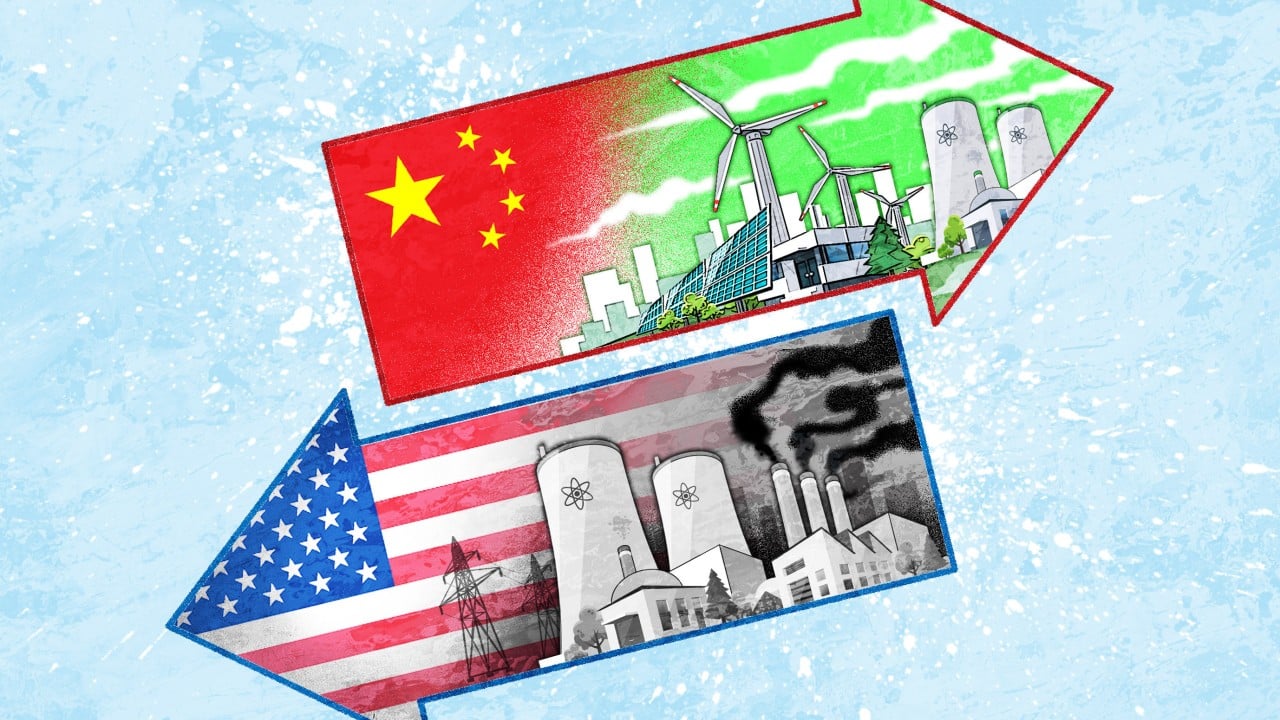US President
Donald Trump’s signature price range invoice, signed into legislation earlier this month, marked a startling pivot in direction of fossil fuels and nuclear energy, reigniting a fierce debate over how finest to steadiness the nation’s power future with its nationwide safety.
The act, recognized formally because the
One Massive Lovely Invoice, rolls again Joe Biden period subsidies for photo voltaic, wind and electrical automobiles – a dramatic reversal of long-standing US help for clear power in a world racing in direction of decarbonisation.
On the similar time, the act preserves subsidies for nuclear initiatives, notably fusion, which is framed as a reliable, low-carbon power supply and a long-term technique to reduce US reliance on
uncommon earths.Washington has described the power overhaul as a strategic crucial rooted in nationwide safety considerations – particularly after Beijing leveraged its near-monopoly over uncommon earths within the renewed
US-China commerce warfare.The laws’s supporters say it’s a daring try and safe power independence, arguing that the US should shut technological gaps and mitigate provide chain vulnerabilities that might hand extra strategic leverage to Beijing.
On this view, China’s clear tech manufacturing dominance and management over vital minerals – important to renewable applied sciences from photo voltaic panels and wind generators to EV batteries – have left the US uncovered to provide disruptions and geopolitical manipulation.
Critics argue that the act prioritises short-term safety and financial good points over long-term sustainability and international competitiveness – probably ceding US management within the clear power transition and threatening the planet’s local weather future.


